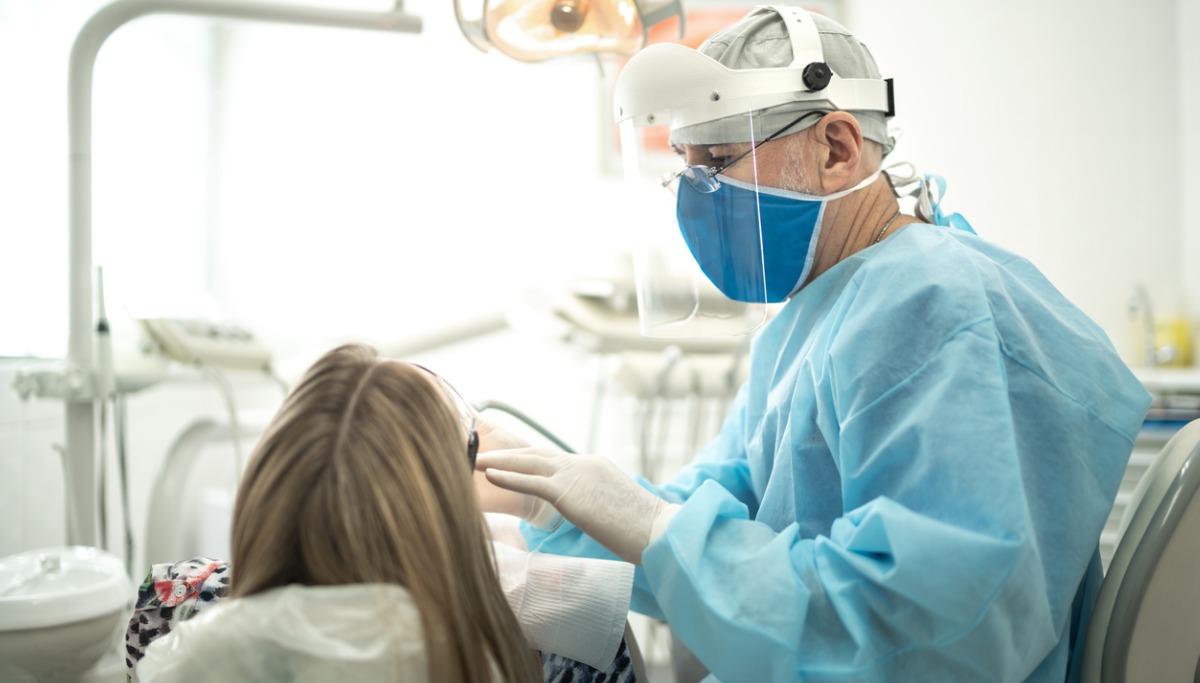
Bleeding gums is a common problem of oral health and almost every person once faces this situation as explained by Grand Rapids dental practice. Although it is common for us to ignore bleeding gums as an irritating situation, in many cases they suggest other dental or systemic health conditions that do require some attention. Maintaining good oral hygiene in Grand Rapids is important for overall well-being, so let us look at the causes of bleeding gums and how to prevent and treat it. In this article, we will discuss all these aspects that the Gums of Grand Rapids need to know about and give some insights on how they can manage their bleeding gums effectively.
Causes of Bleeding Gums
Bleeding gums can be the result of several reasons from something as simple as poor oral hygiene to more serious health concerns. If we were to know in detail what causes all the humiliation, we would start taking measures!
1. Gingivitis
Gingivitis is the earliest stage of gum disease and almost always causes red, swollen, and bleeding gums. It happens when plaque, a sticky film of bacteria on the teeth irritates the gums causing inflammation. Signs of gingivitis are red, swollen gums that usually bleed during brushing or flossing. Daily brushing and flossing can prevent periodontal disease only by keeping the bacteria level down.
2. Periodontitis
If not treated early stages could lead to periodontitis, an advanced form of gum disease that may result in tooth loss. The spaces between the teeth and gums may be filled with too much bacteria, causing an infection that makes inflammation happen. Aside from bleeding gums, signs of periodontitis may include bad breath, loose teeth, and receding gumline.
3. Hormonal Changes
Hormonal modifications in the course of pregnancy, menstruation, or menopause could make one individual more at risk of bleeding gums. Increased gum sensitivity and bleeding that women may notice only during these particular periods. Proper oral hygiene and routine dental visits can help in controlling bleeding gums during hormonal changes.
4. Vitamin Deficiencies
If your diet lacks the essential nutrients then you can suffer from bleeding gums, especially vitamin C and K. Vitamin C has antioxidant properties and is important for the health of our gums, while vitamin K plays a role in blood clotting. It may also make you overly tired and cause easy bruising or slow wound healing in addition to bleeding gums. Healthy eating and nutritional supplementation with a wide array of nutritious fruits, vegetables, and whole grains (i.e. food), can help you avoid these nutrient deficiencies.
5. Health conditions and medications
Bleeding gums can be more common when certain medical conditions (e.g., diabetes) and medications, such as blood thinners are present. In these cases, bleeding gums could be a symptom of the underlying condition or medication. Control chronic diseases, talk to your doctor, or a variety of other medications that produce dry mouth as symptoms may help prevent bleeding gums.
Never disregard bleeding gums since they frequently indicate the existence of gum disease or other underlying medical conditions. Grand Rapids locals may safeguard their general health and gum health by being proactive and learning about the reasons, prevention, and available treatments. To prevent and treat bleeding gums and maintain the health and vibrancy of your smile for years to come, regular dental checkups, proper oral hygiene habits, and a balanced lifestyle are essential. Make an appointment with a Grand Rapids dentist as soon as possible if your gums are bleeding continuously so they can do a comprehensive examination and create a customized treatment plan.